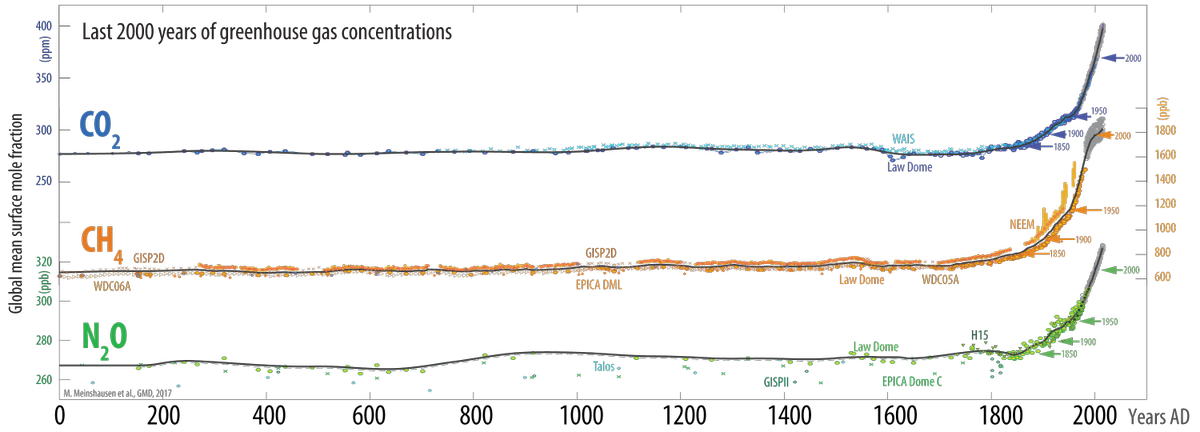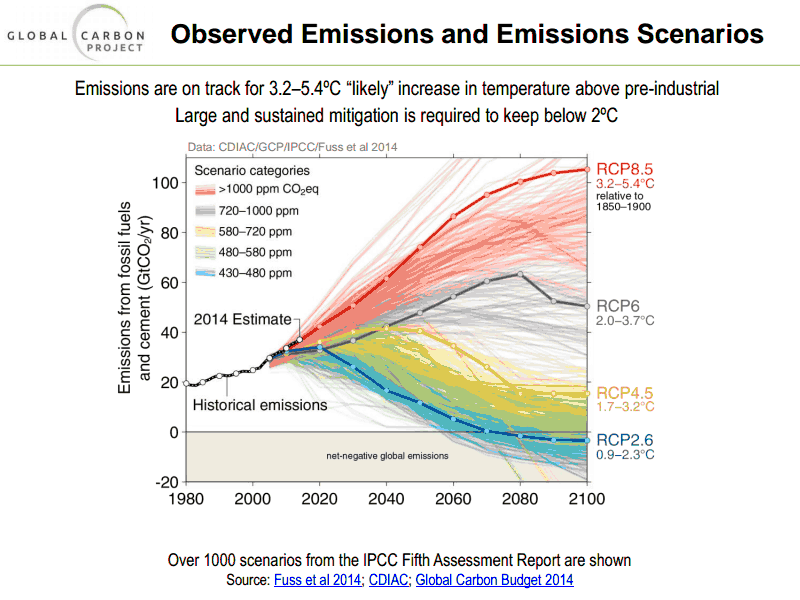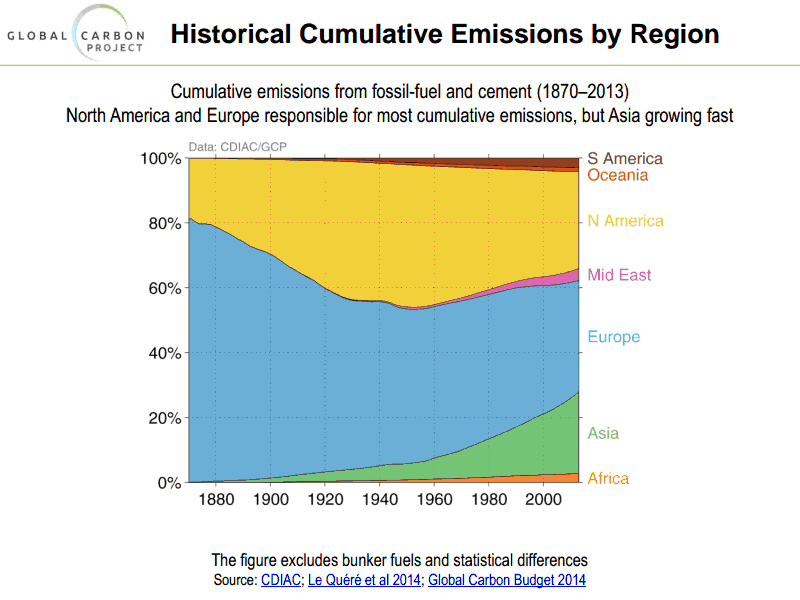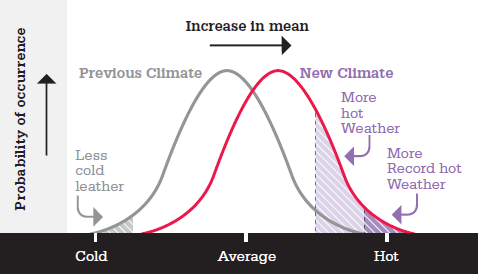Lesson 1: Introduction to Climate Change
Resources: Introduction to climate change
There are a large number of resources to explore but here are some key data about the basic science of climate change.
But first take a look at this graph from the 2017 paper: Historical greenhouse gas concentrations for climate modelling. - lead author is quoted as saying "Over the last 2,000 years [greenhouse gasses] have been very quiet, bobbing along at some natural level. But since the Industrial Revolution [around 1750] and particularly since 1950, they have been on the rise — that's what caused global warming and they have not stopped since."

Have a look at these 25 cards - Everything you need to know about global warming by Brad Plumer (an informed journalist)
-
How high will temperatures rise if global warming continues?
-
What happens if the world heats up more drastically -- say, 4°C?
Each of these cards are referenced and hence evidence based. Please make sure you look at Card 4 - How do we know humans are responsible for global warming as acceptance of this is key to global action.
You might like to read this paper, also by Brad Plummer '7 charts that show why UN climate talks keep breaking down' (September 2014). The data come from the Global Carbon Project's Budget 2014 report.
Here are two of the key graphics from the Global Carbon Project's Budget 2014 report, and you can see annual updates at https://www.globalcarbonproject.org/carbonbudget/:

[Note: RCP stands for Representative Common Pathways and indicates the trajectories of the 4 greenhouse gas concentrations that were used by the IPCC for its modeling. The figures reflect the range of increases by 2100 relative to pre-industrial values (+2.5; +4.5; +6.0 and +8.5). Note that the point for 2014 indicates that we are on the RCP 8.5 trajectory, leading to an 3.2 to 5.4 degree temperature increase by 2100]

An important technical point, is that even a small increase in mean temperature will create a large increase in number of hot and very hot days (slide by Professor Lesley Hughes, from IPCC AR4)

You may also want to explore your own sources of information about climate change.
The following Topics in this course explore the impact on Public Health and the ways we might think about to intervene.
